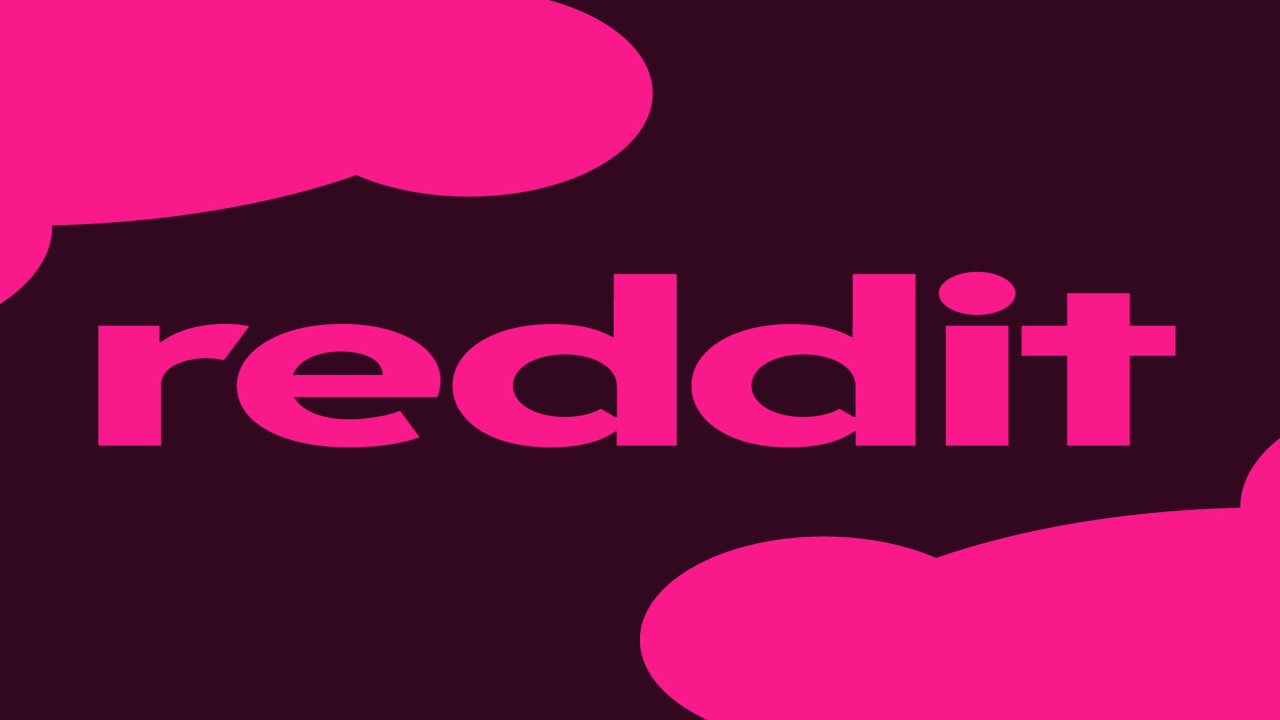The Intercept, Raw Story, and AlterNet Sue OpenAI and Microsoft - Copyright Lawsuit Explained
Learn about the copyright lawsuit filed by The Intercept, Raw Story, and AlterNet against OpenAI and Microsoft. Understand the allegations of copyright infringement and the impact on AI models.

Three prominent news organizations, The Intercept, Raw Story, and AlterNet, have recently filed a lawsuit against OpenAI and Microsoft, accusing them of copyright infringement. The publications claim that important copyright information, such as author, title, and terms of use, was intentionally removed while training AI models.
The lawsuits were separately filed in the Southern District of New York by The Intercept, Raw Story, and AlterNet, all represented by the same law firm. According to the plaintiffs, the AI language model known as ChatGPT, developed by OpenAI and Microsoft, has been reproducing copyrighted works of journalism without providing the necessary attribution and copyright details.
The publications argue that if ChatGPT had been trained on material that included copyright information, it should have learned to communicate that information when providing responses. The lawsuit further claims that OpenAI and Microsoft were aware that the popularity and revenue generated by ChatGPT would be adversely affected if users believed that its responses violated third-party copyrights.
Both Microsoft and OpenAI offer legal protection to their paying customers in case of copyright infringement claims relating to their AI tools, such as Copilot or ChatGPT Enterprise. However, the lawsuits argue that OpenAI and Microsoft were aware of the potential copyright violations facilitated by their AI models.
As evidence of OpenAI's knowledge of copyright concerns, the publications highlight how OpenAI provides an opt-out system for website owners to block their content from being crawled by its web crawlers. This suggests that OpenAI and other AI developers have encountered copyright lawsuits in the past, including those involving the alleged removal of copyright management metadata.
It is worth noting that a previous lawsuit filed by comedian Sarah Silverman and several authors against OpenAI also claimed intentional removal of copyright information from their written work during model training. Although the judge dismissed the specific count related to intentional removal, the core allegation of copyright infringement remains in that case as well.
In a separate lawsuit filed by The New York Times in December, it was claimed that ChatGPT faithfully reproduced journalistic work without proper attribution. OpenAI responded by asking the court to dismiss the lawsuit, alleging that the Times had exploited a bug in ChatGPT to regurgitate its articles.
OpenAI and Microsoft are not the only entities facing copyright litigation in the AI space. Getty Images has sued Stability AI for training models using its protected images, while Universal Music Group has filed a lawsuit against Anthropic, accusing it of distributing and recreating lyrics without proper attribution.
In conclusion, The Intercept, Raw Story, and AlterNet have taken legal action against OpenAI and Microsoft, alleging copyright infringement and the intentional removal of copyright information from training data. These lawsuits highlight the ongoing challenges surrounding copyright issues in the development and use of AI models. The outcome of these cases could have significant implications for the future of AI technology and its interaction with copyrighted content.
What's Your Reaction?





















